Last year we had a record hurricane season, as one of the costliest seasons on record. There were more than a couple major hurricane’s impacting the Atlantic during last year’s season alone. Hurricane’s Harvey, Irma, Maria, and Nate all had their names retired, in 2017, due to the high damage cost and loss of life. You can read more about the 2017 Atlantic Hurricane season here.

Atlantic hurricane season runs from June 1 to November 30 and the Pacific hurricane season runs May 15 to November 30th. The most active hurricane month is September, however as we saw last year, mother nature will give us a hurricane when she feels like it and there is no stopping her. A hurricane can affect any coastlines and up to 100 miles inland or more, depending on the size and intensity of the storm. The best idea is to prepare ahead of time so when a hurricane arrives you are not scrambling to get your family and your home as ready as you can be.
How should you prepare for an event like a hurricane? It seems impossible to prepare for such a strong natural disaster. The truth is there are certain natural disasters you can prepare for and some will never be able to prepare for. Unfortunately, we will never know which a storm will turn out to be. This is why we want to be as ready as possible.
The first two things you should do are to know the risk for storms and hurricanes in your area and be prepared with warning systems. You can sign up for community warning systems and/or purchase a National Oceanic and Atmospheric Administration NOAA Weather Radio to provide you with emergency alerts as they happen.
Know the risks of flash flooding and be aware of the warning signs like periods of heavy rainfall. Make sure you have a shelter for the event of a tornado or extremely high winds. If you do not have shelter the best place to be is in a small room on the interior of your home with no windows or in the basement if you have one. If your home or basement has a history of flooding, go to the lowest level of your home above flood water levels.
PRO TIP: Do not ever climb into a closed attic if your home is flooding, the water may rise and you can become trapped by the flood water.
Know your community plans, evacuation zones, shelter locations, and your own family evacuation plans. Gather supplies and emergency kits before you evacuate, don’t forget things like food for infants and food for pets. Be prepared.
PREPARE YOUR HOME:
Although there is no guarantee you will be able to save your home from the high winds and downpours caused by a hurricane, you sure can try. Clean up and prepare your yard for the high winds. Remove any yard furniture and items that will blow around and cause damage or harm. Clean and repair any damage to your drain systems or gutters on your home and garage. Consider taking the time to secure your home’s roof using clips or straps, to help prevent against hurricane winds. Hurricane window shutters will help protect your home from flying debris and high winds. Make sure your plywood is at least five-eighths of an inch thick or thicker for large glass doors or windows. Stay away from any windows if you did not evacuate during the storm. Flying glass will injure you.
Test all drains and your sump pumps to ensure they work and keep a fresh back up battery ready and available.
When the hurricane is less than 10 hours from arriving at your location, turn your refrigerator and freezer up as high as possible and avoid opening them. This tip will keep your food longer in the event of a power outage.
PRO TIP: Keep a thermometer in your refrigerator so you can check on the food temperature during an outage.
See our previous blog posts about emergency power solutions to learn more about temporary power and power outages to your home. Part One and Part Two can be read here.
AFTER THE STORM PASSES:
Do not touch any electrical equipment if it is wet. If you or the electrical item is in standing water do not touch it. Turn off the electrical to your home using the main breaker or fuse box, preventing electrical shocks. Try to avoid walking in or standing in flood water, underground power lines or downed electrical power lines can charge the water causing electric shock. Document all damage and contact your insurance company.
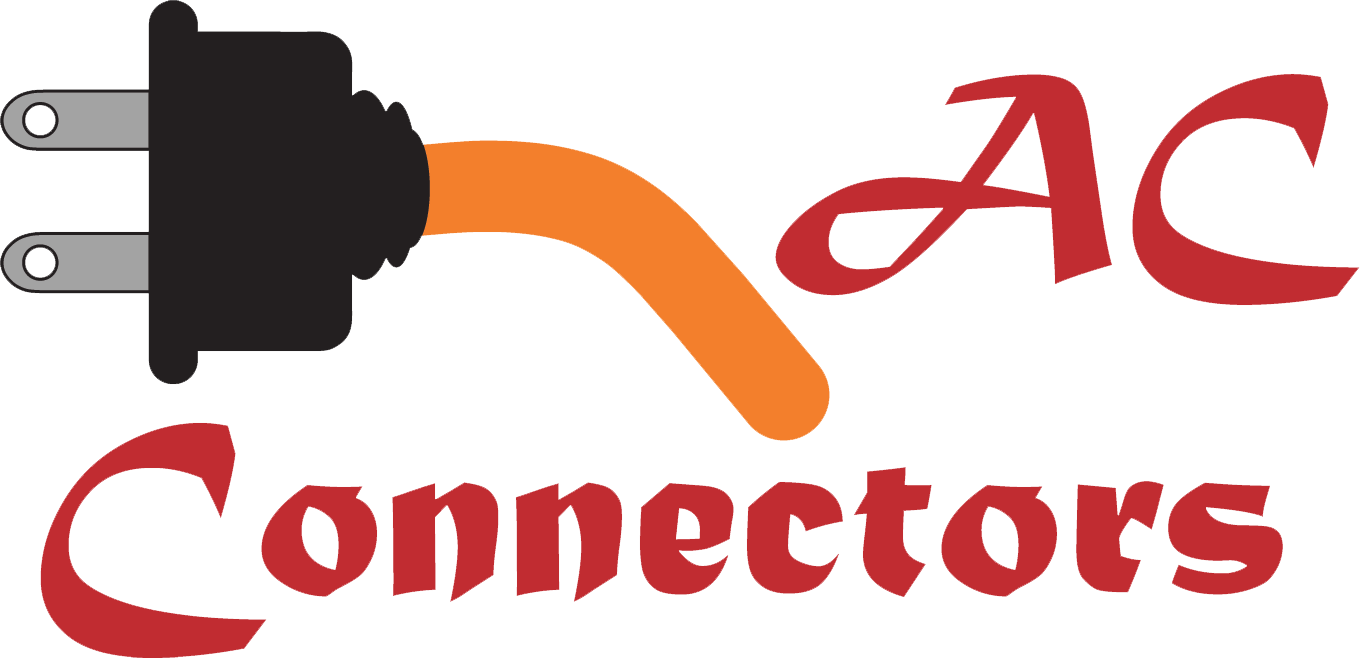

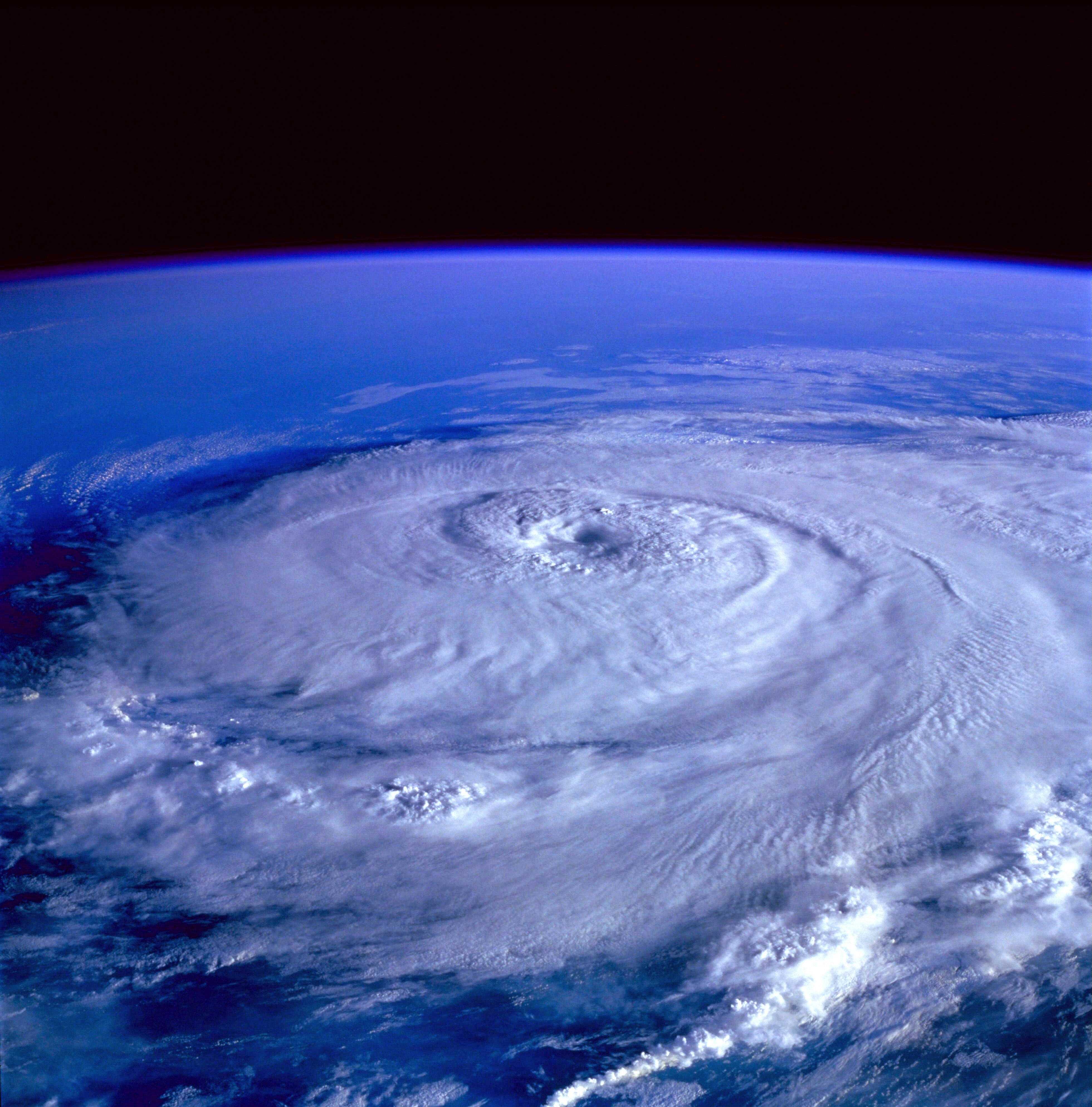


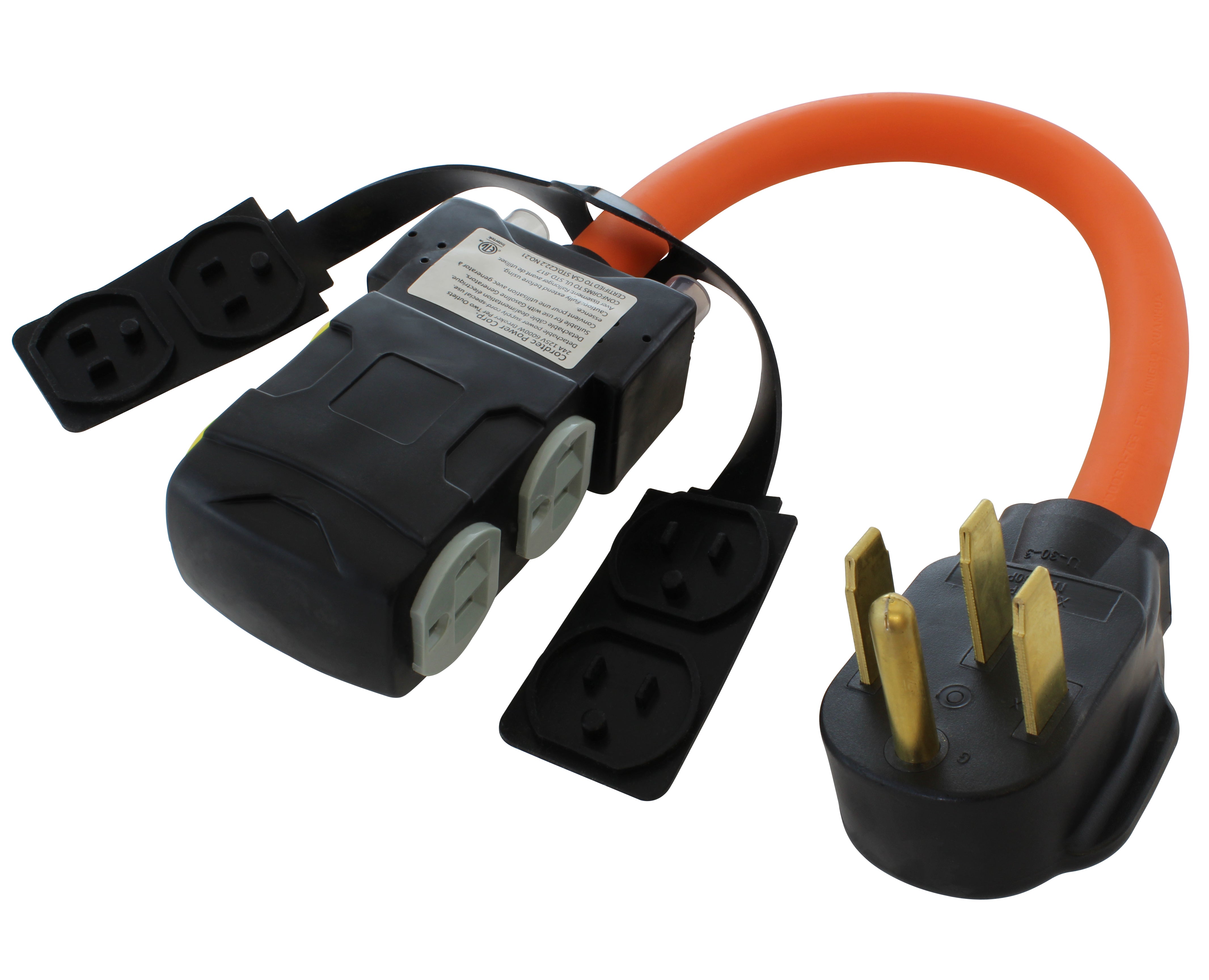
![AC WORKS® [ASINSS2PBX-G] 50A Locking 4-Wire CS6375/ SS2-50 Heavy-Duty Transfer Switch Inlet Box](http://acworks.com/cdn/shop/files/ASINSS2PBX-0_0206b362-7c90-42a5-8754-0685c13dab7e.jpg?v=1758051675&width=2500)
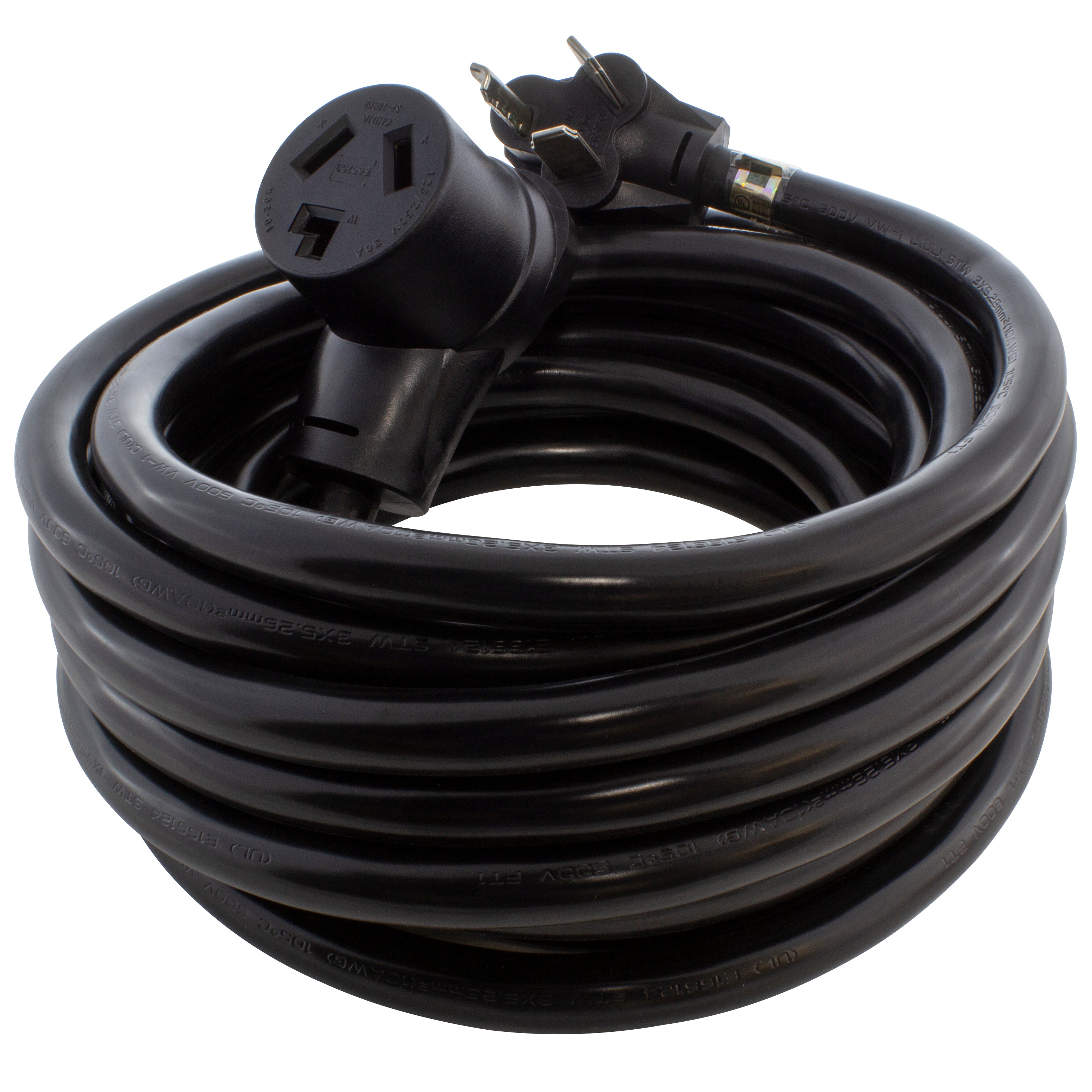
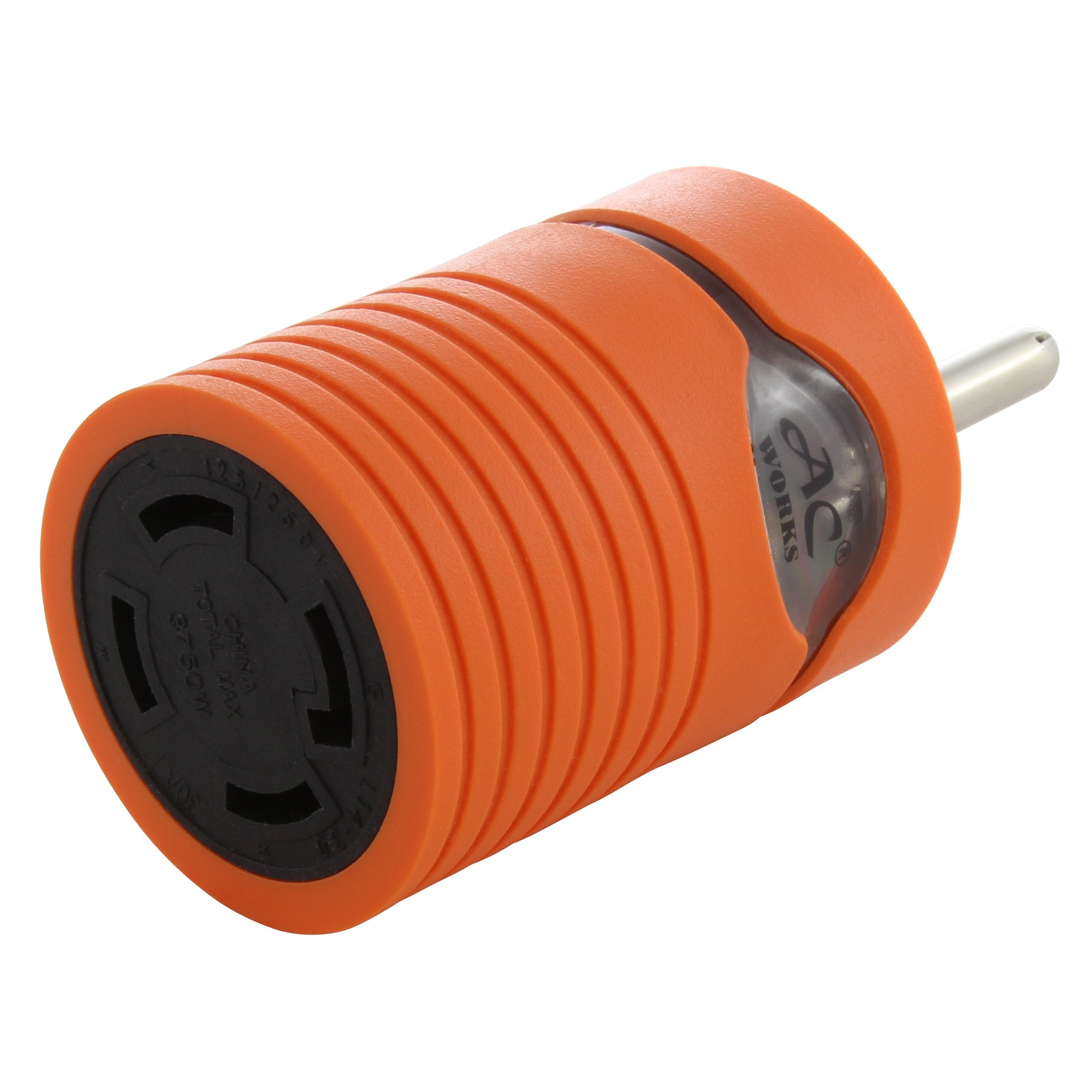
![AC WORKS® [S1430CBF520] 1.5FT 14-30P 4-Prong Dryer Plug to (4) Household Outlets with 24A Breaker](http://acworks.com/cdn/shop/products/S1430CBF520.jpg?v=1666103519&width=4656)
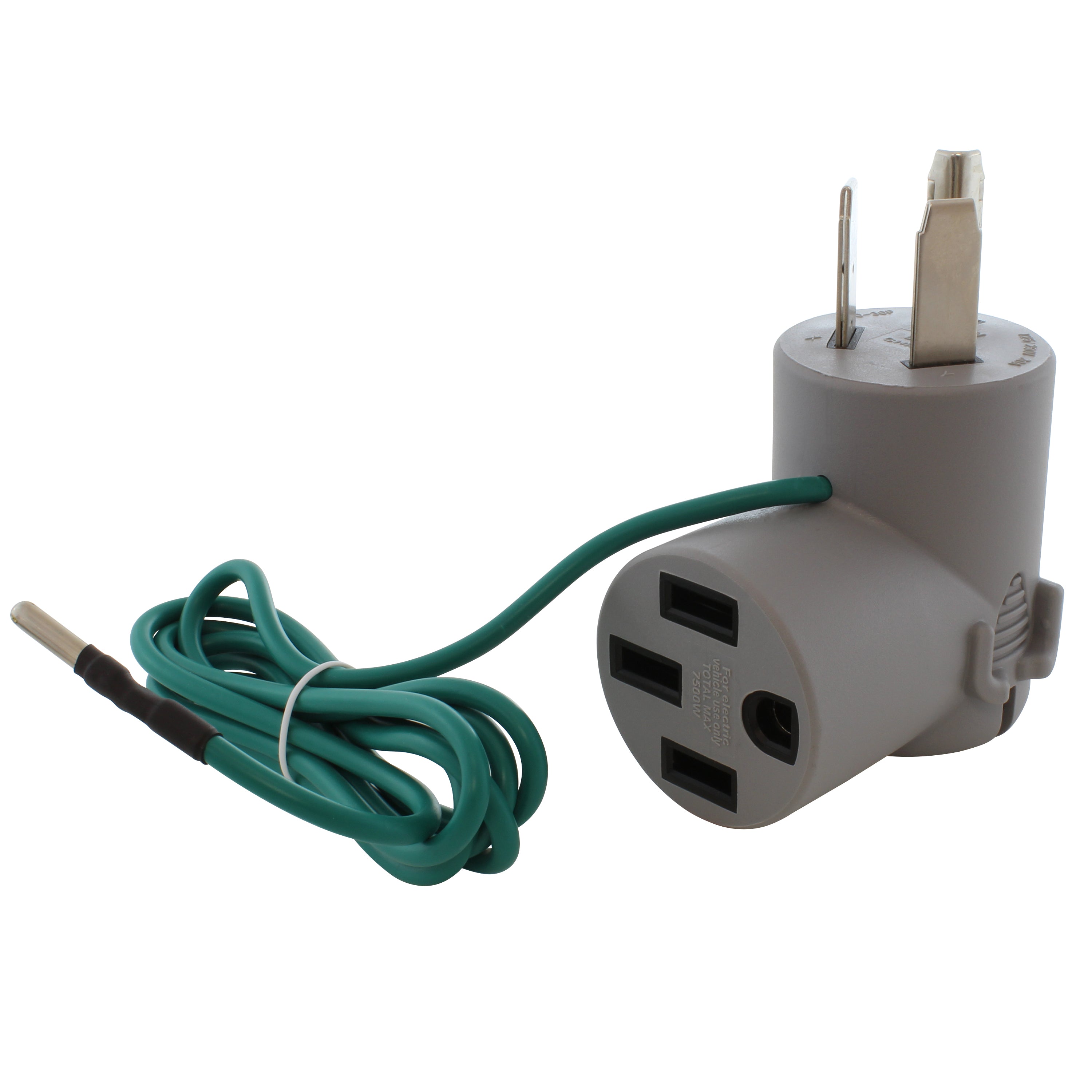
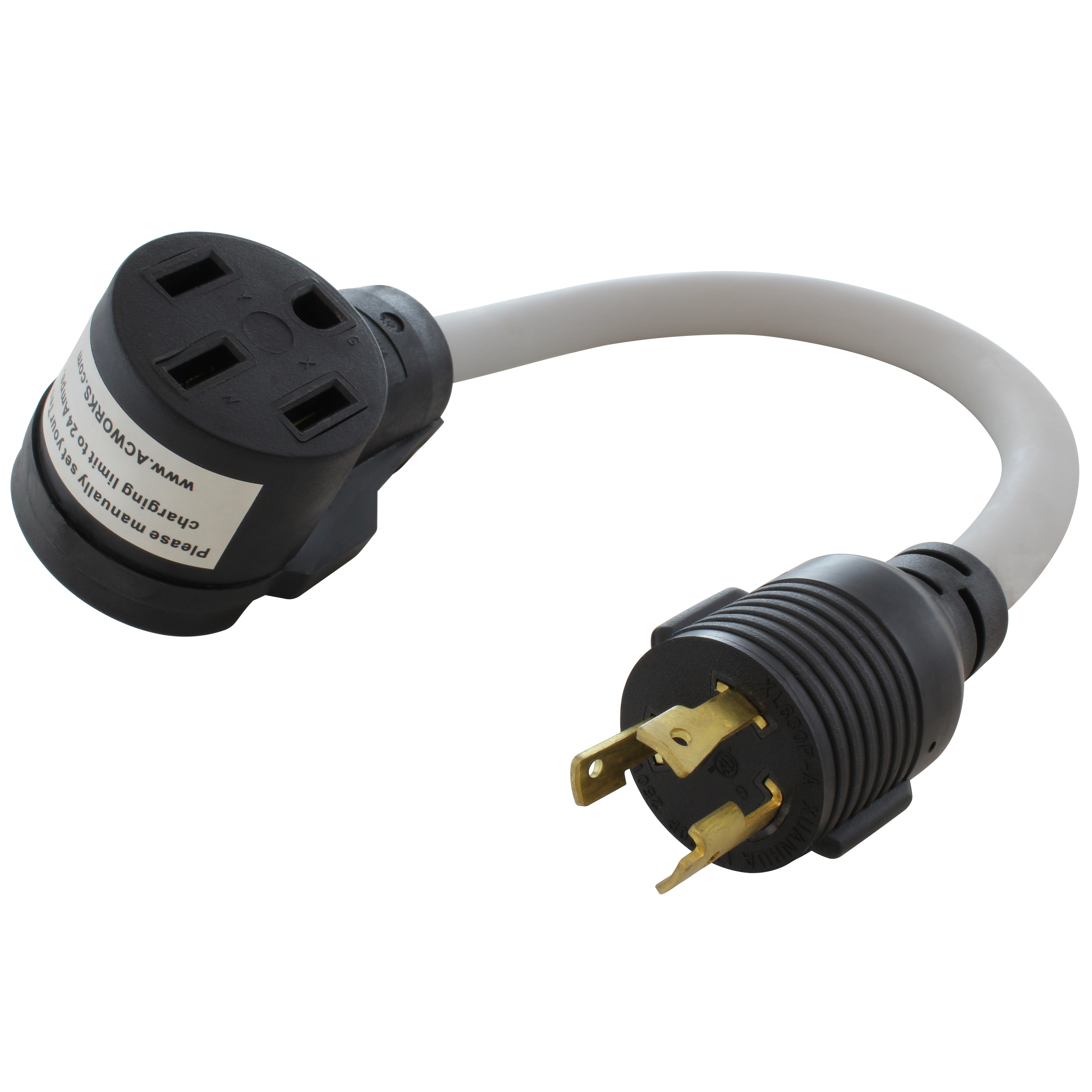
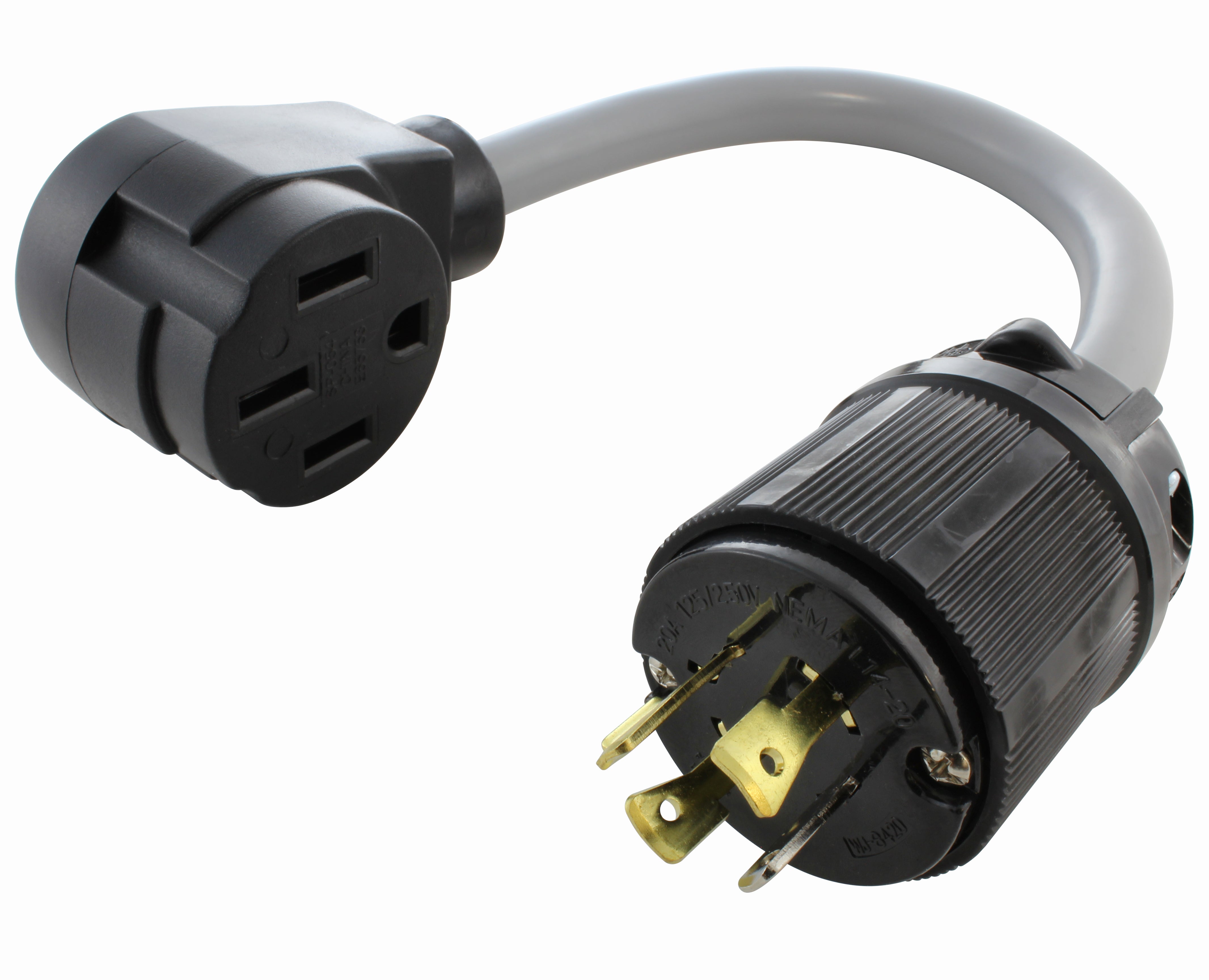
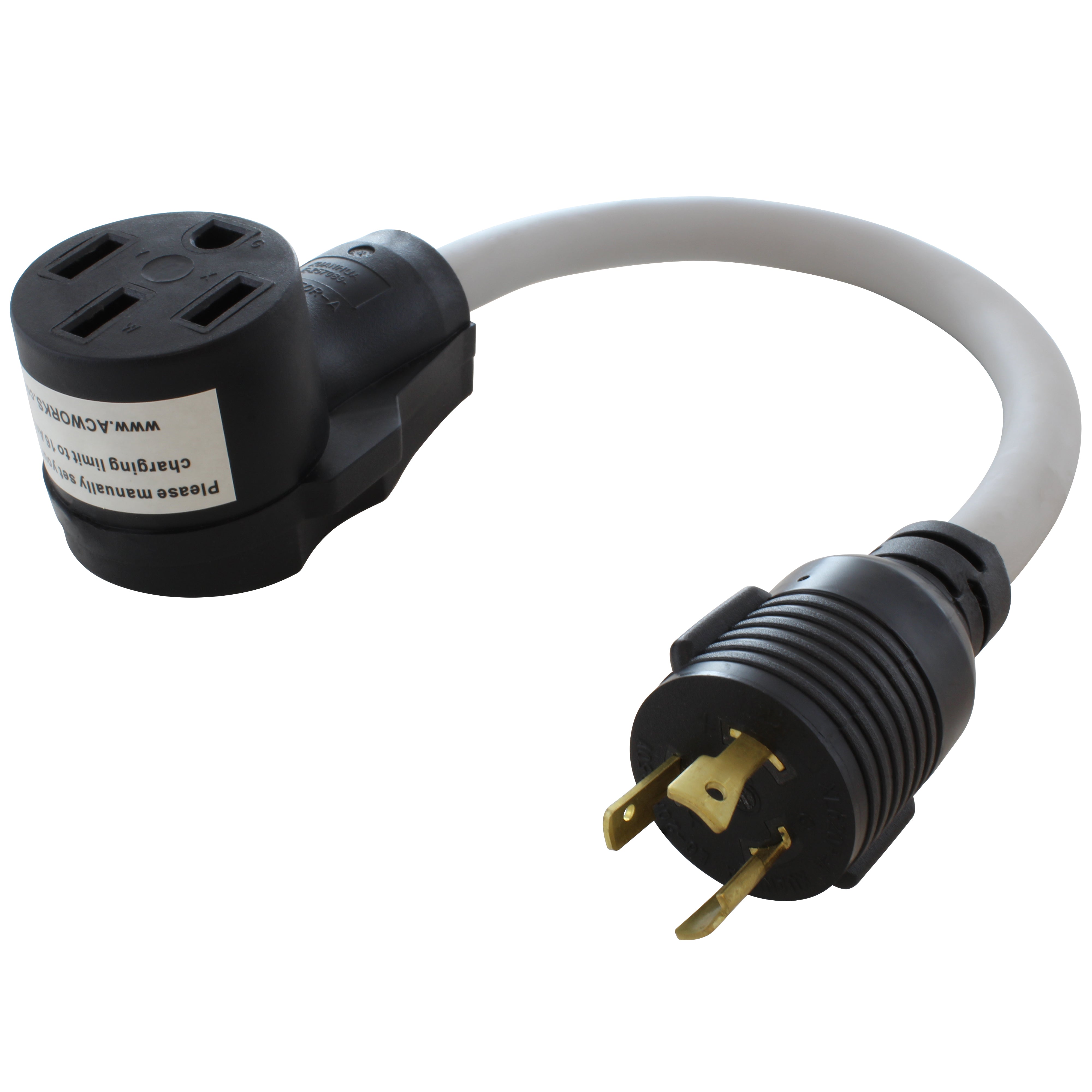
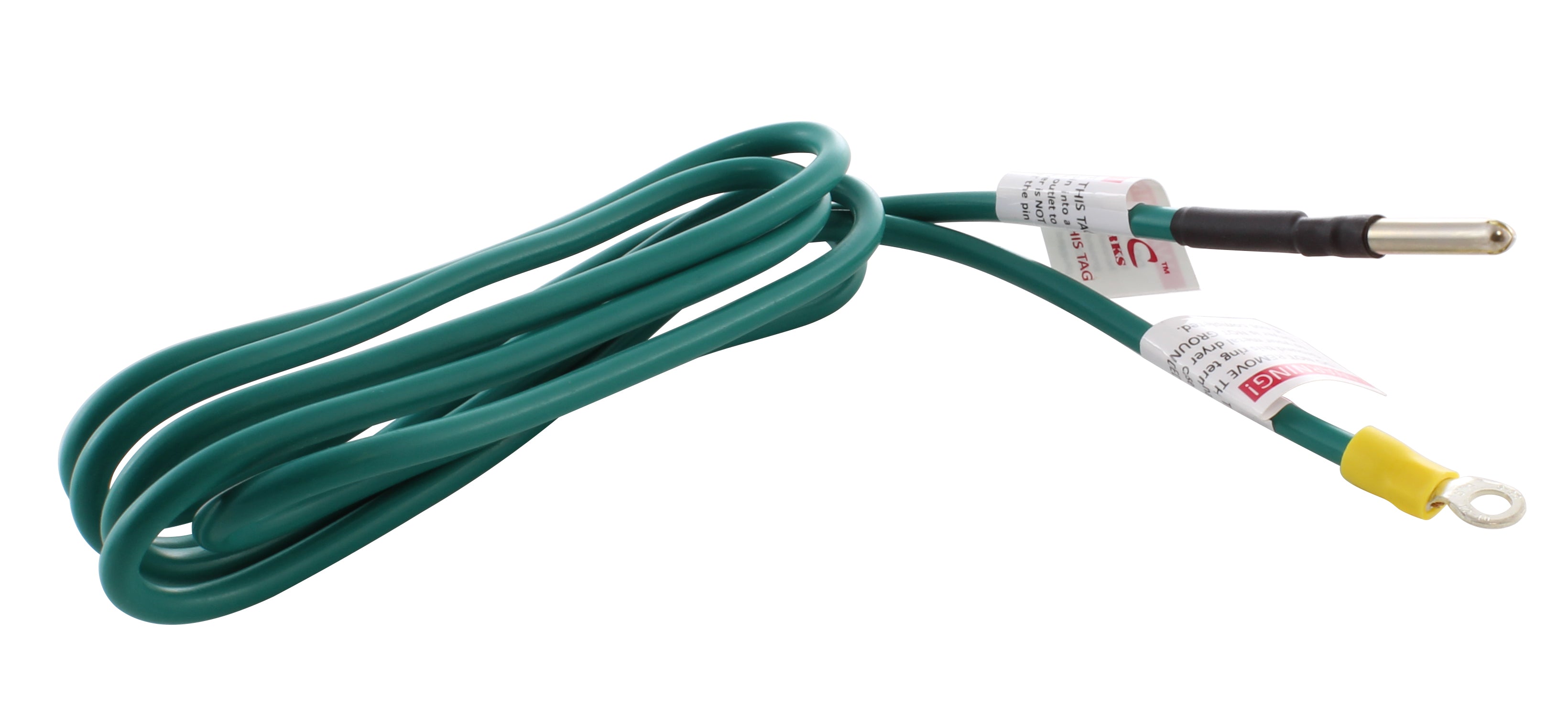
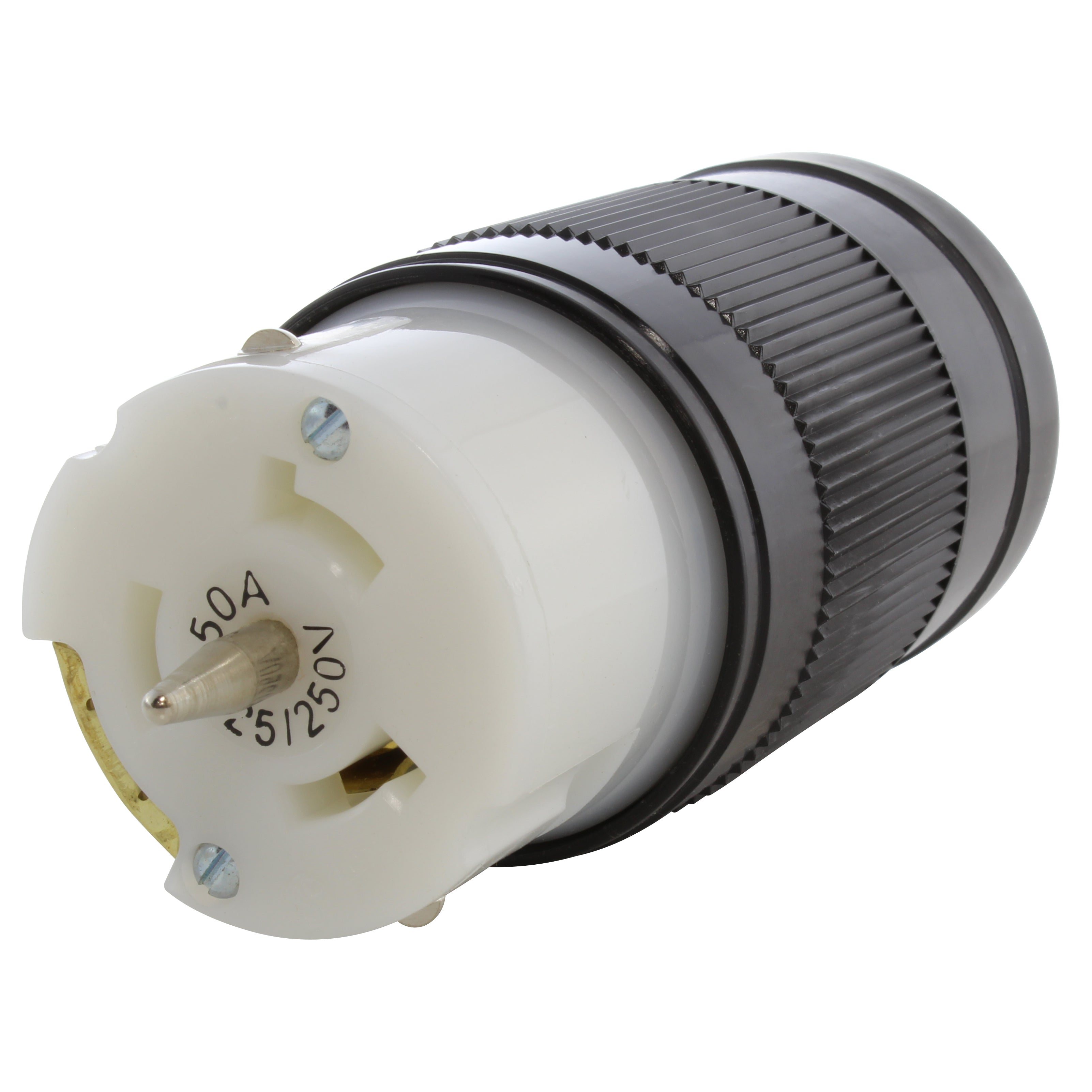
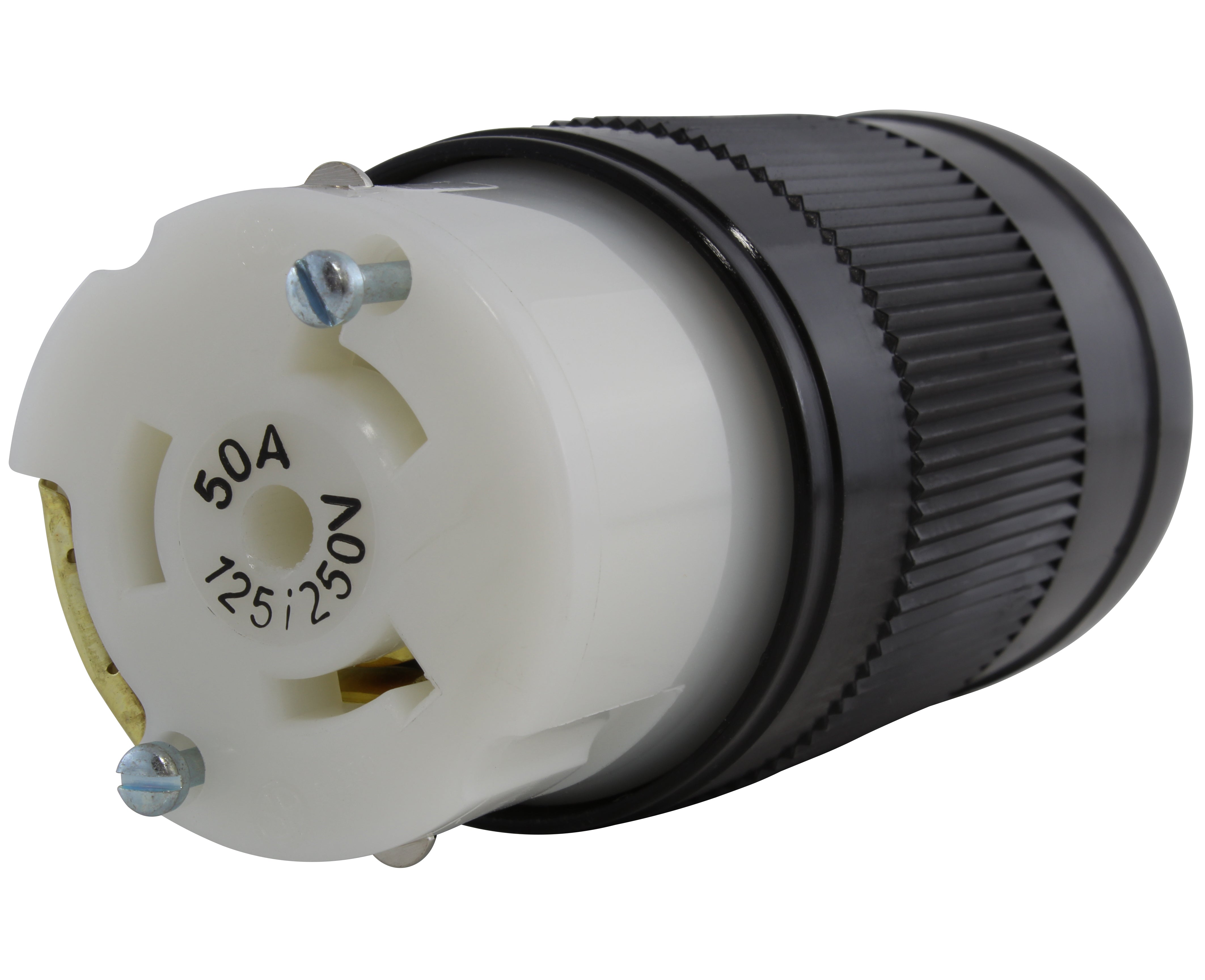
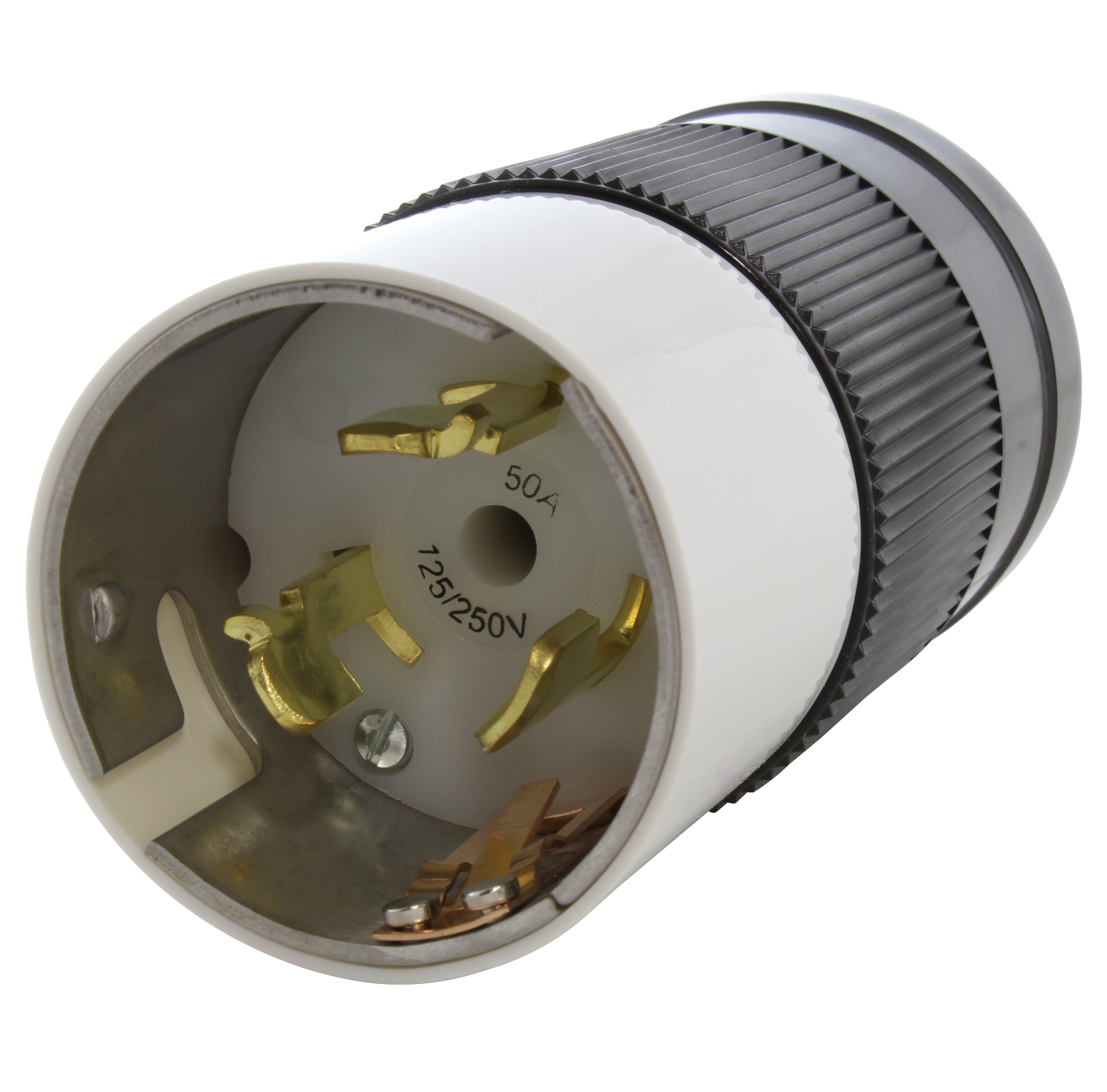
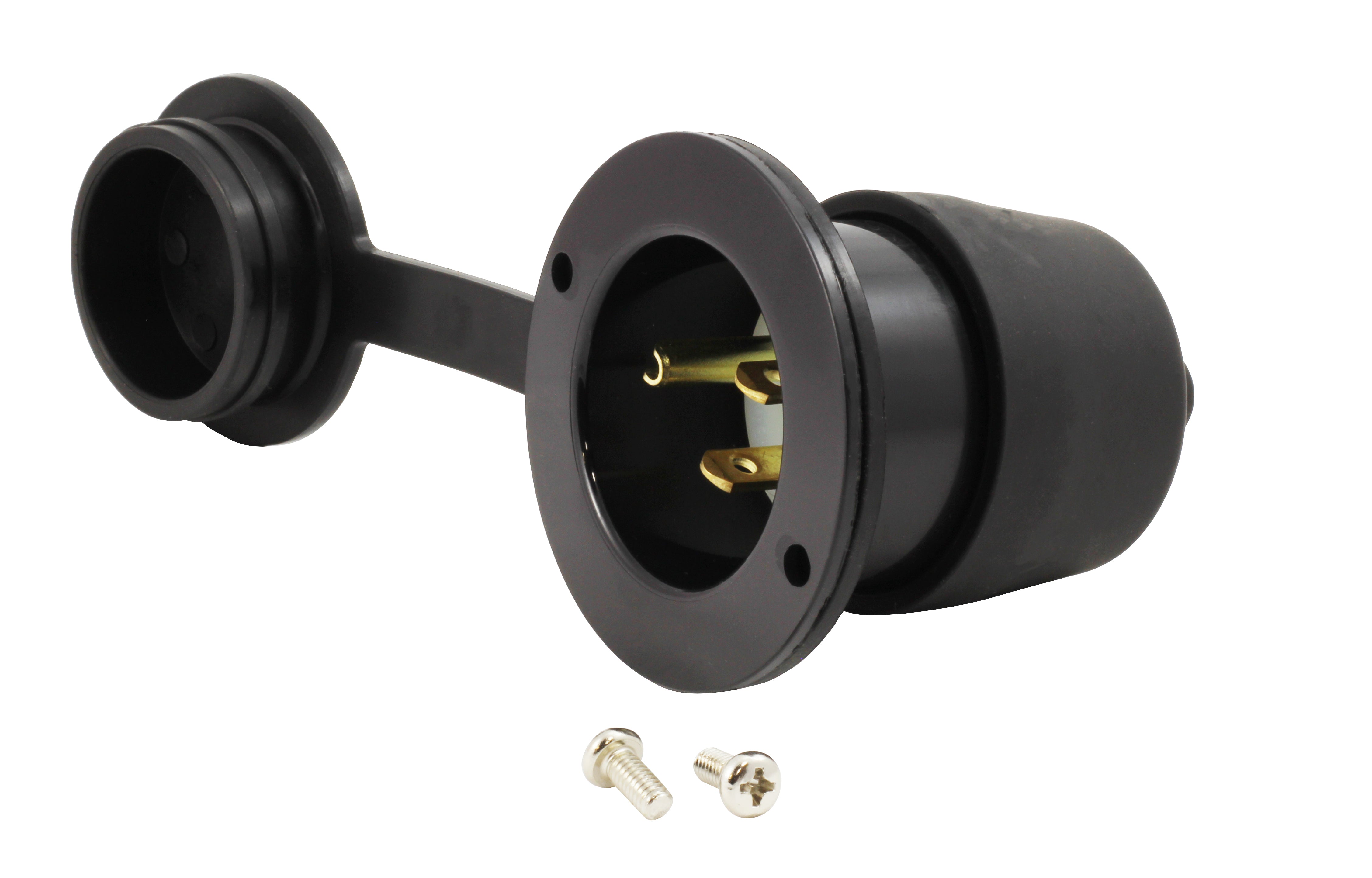
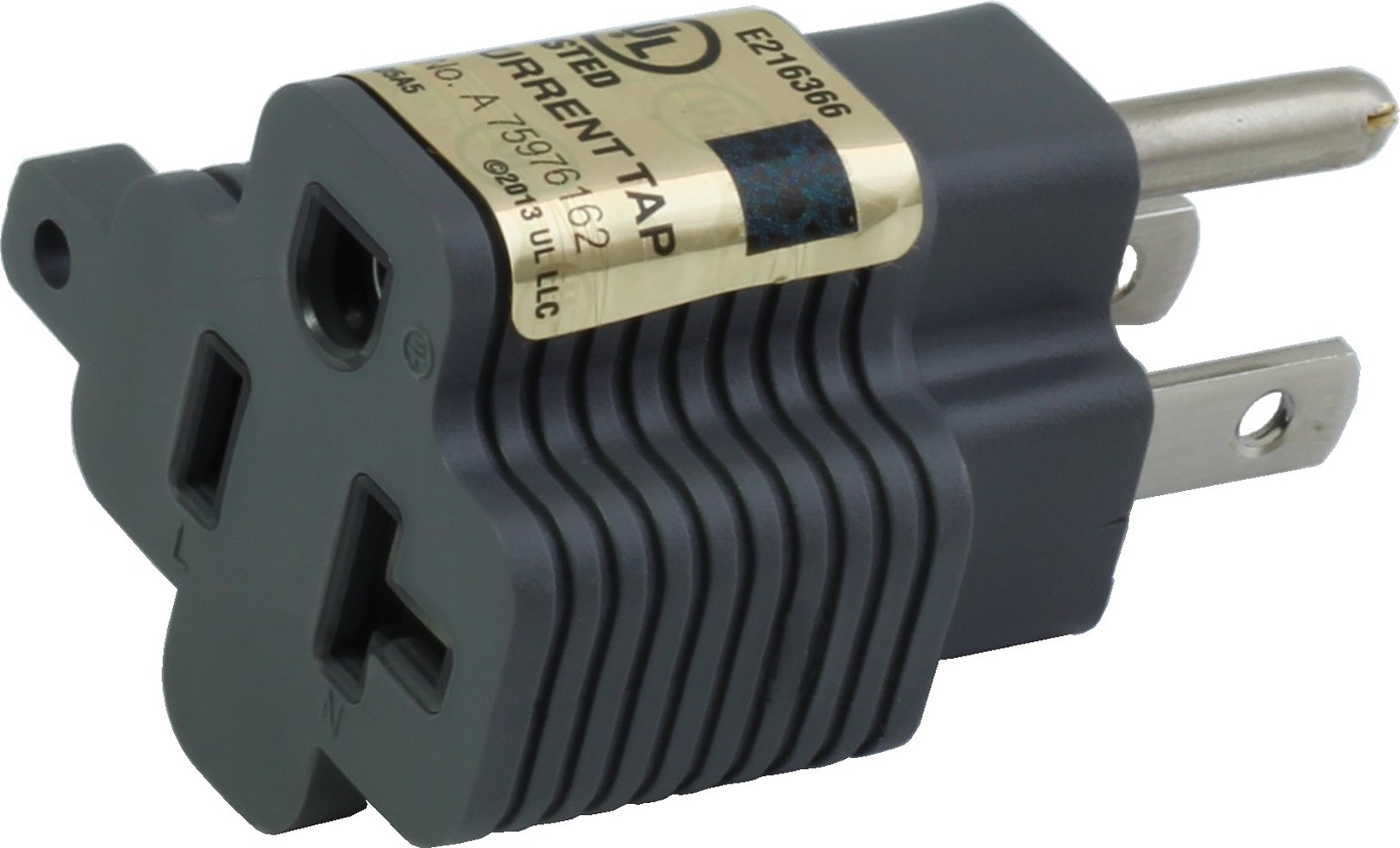
![AC WORKS® [ADV104] 3-Prong Heavy-Duty V-DUO Household Outlet Adapter](http://acworks.com/cdn/shop/products/ADV104-0.jpg?v=1605738768&width=3128)
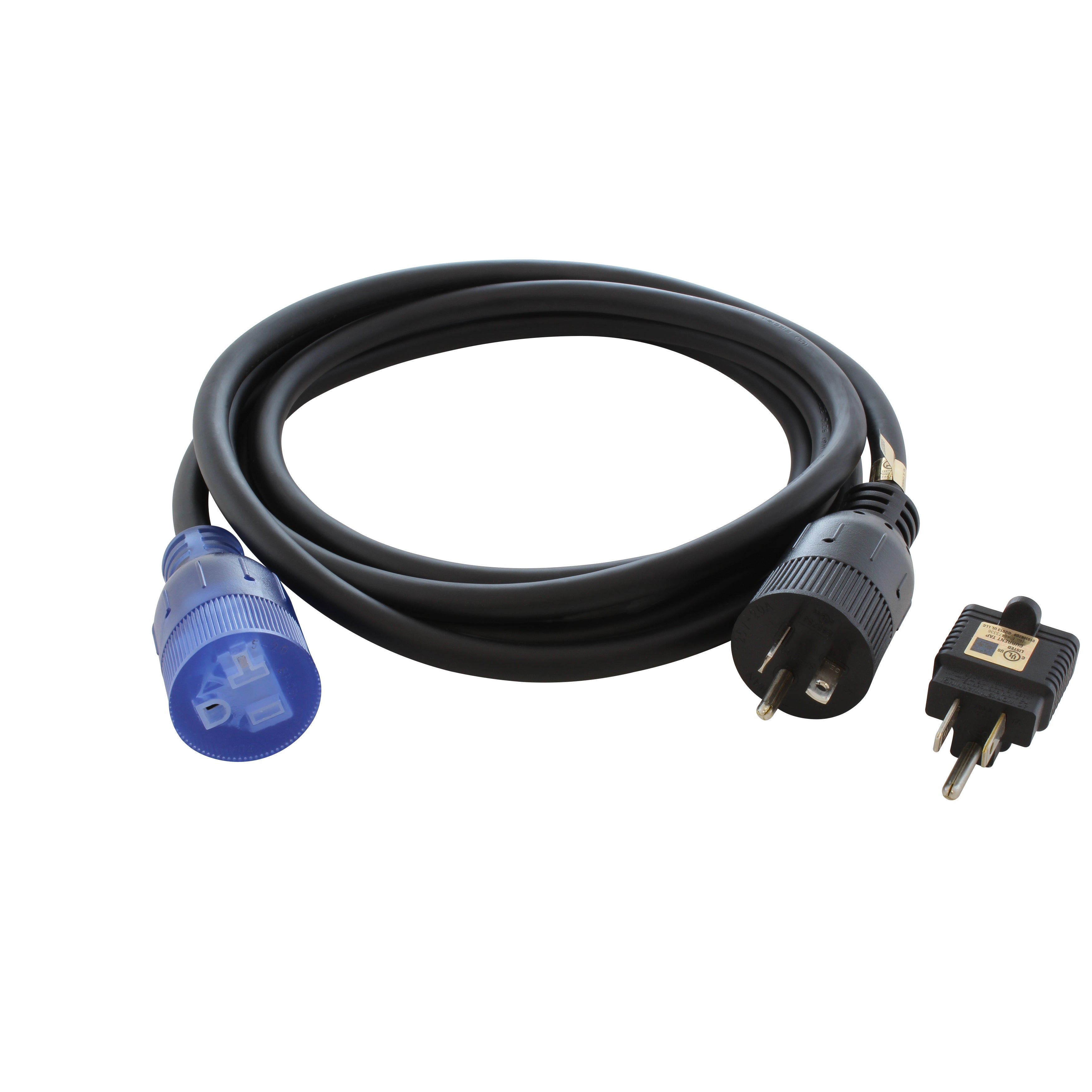
![AC WORKS® [XH515520] 15A to 15/20A 125 Volt Plug Adapter with ETL Safety Approval](http://acworks.com/cdn/shop/files/XH515520-0_daea425a-f439-48df-bb75-052167057f12.jpg?v=1729091519&width=2500)
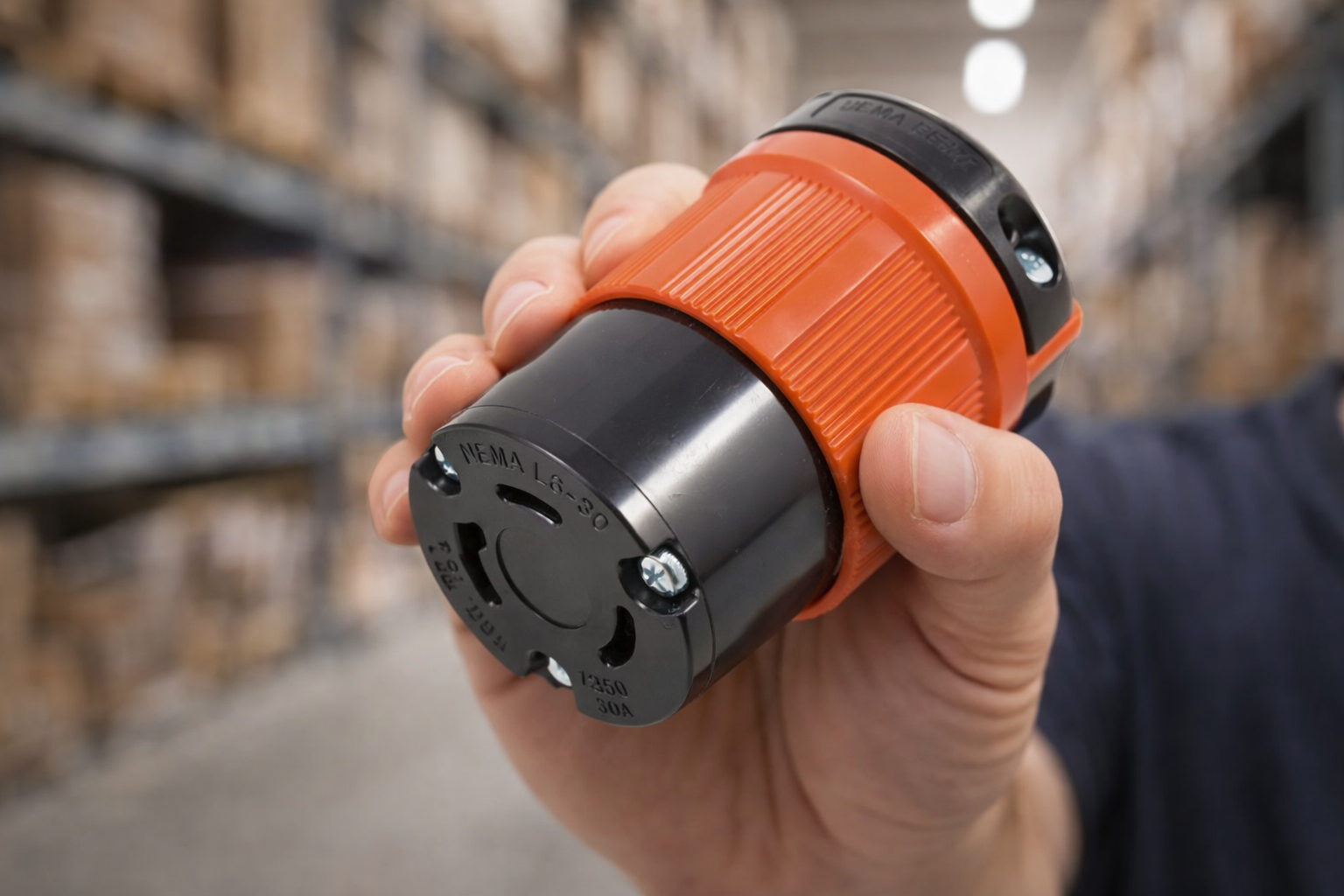
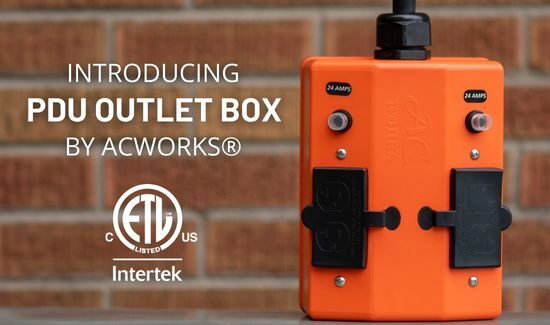

Share:
How to Power your Home after a Hurricane Strikes: Part Two
Preparing your RV for Winter Storage